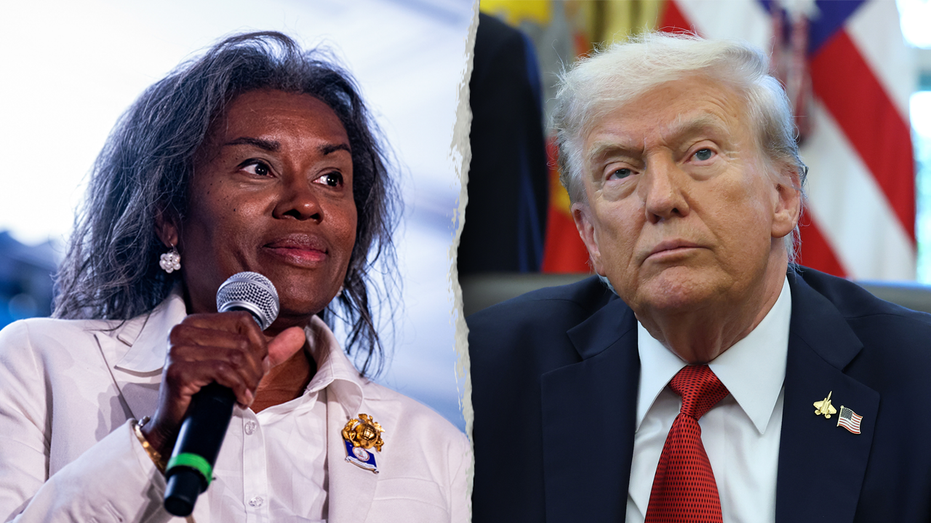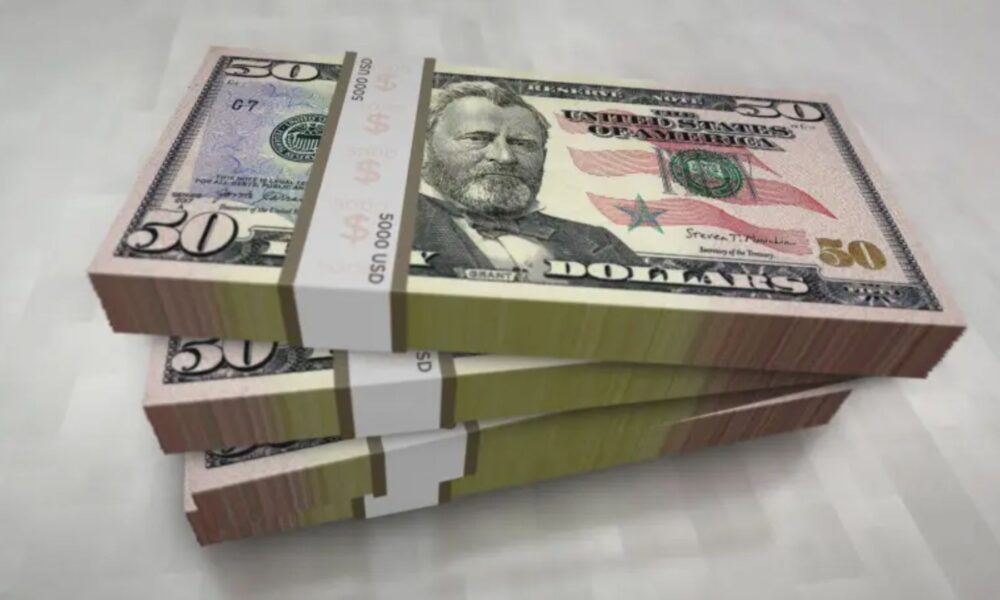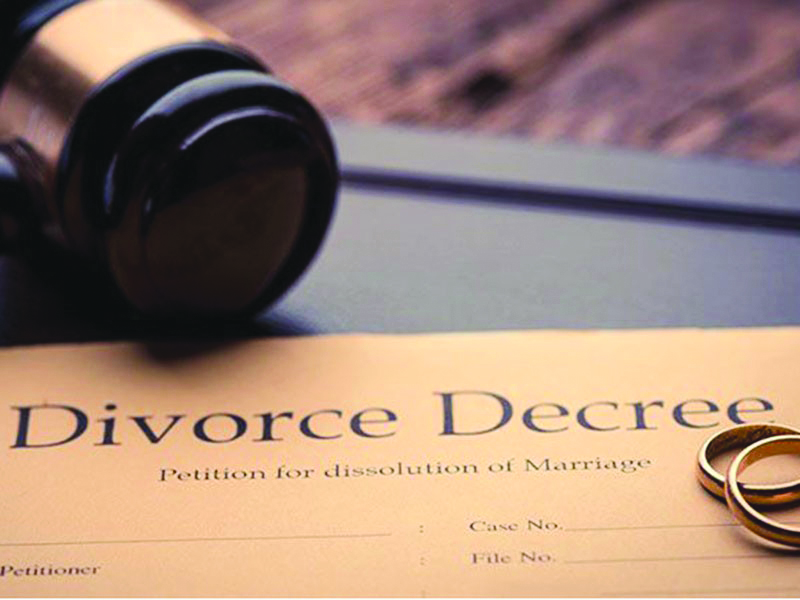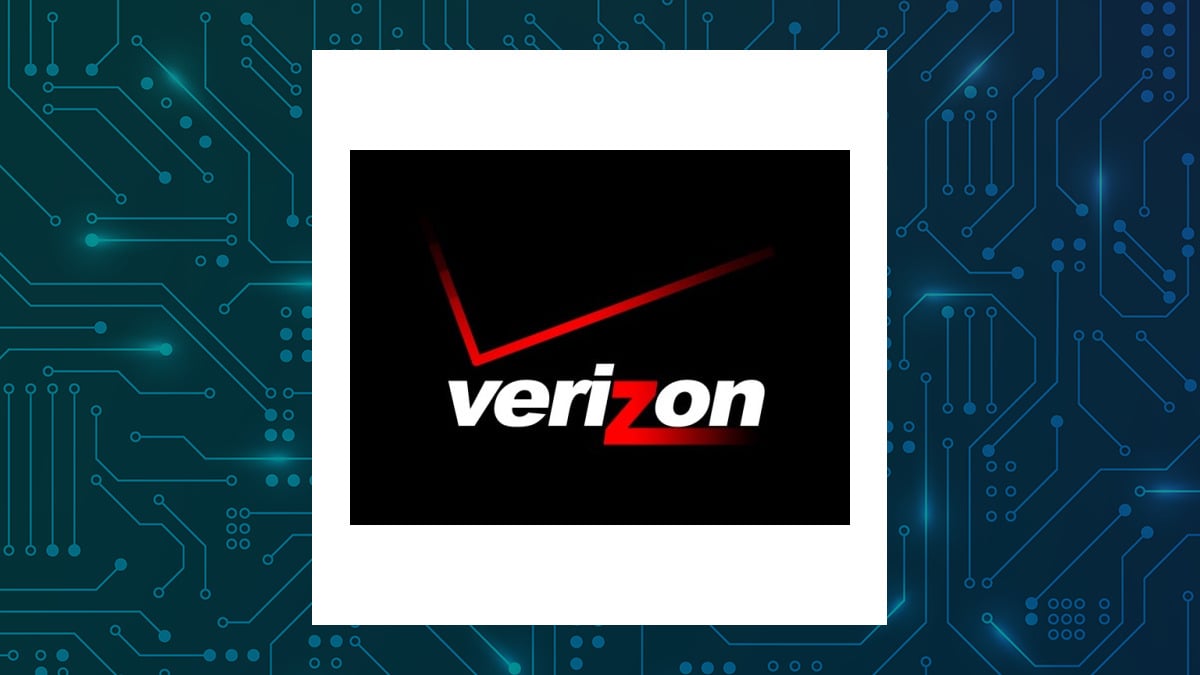Former President Donald Trump remains on the sidelines of the Virginia gubernatorial race, even as speculation grows regarding his support for Republican candidate Winsome Earle-Sears. While he has publicly endorsed Attorney General Jason Miyares for reelection, Trump has refrained from offering a similar endorsement for Earle-Sears or lieutenant governor nominee John Reid.
In recent comments made during a White House event with outgoing Governor Glenn Youngkin, Trump expressed his well-wishes for Youngkin’s efforts in the upcoming election, hinting at a desire for Earle-Sears to succeed. “He wants to see that young woman win,” Trump said, referencing Earle-Sears, while affirming his total endorsement for Miyares.
The dynamics of the Virginia election are complex, particularly with the influence of Trump’s political brand. Earle-Sears has highlighted her intent to collaborate with Trump if elected, emphasizing Republican principles aimed at public safety and energy costs. “I am deeply grateful for President Trump’s support and his direct encouragement to voters in Virginia to vote Republican,” she stated.
During a recent debate, Miyares faced criticism from Democratic candidate Jay Jones, who invoked Trump’s name repeatedly to connect Miyares to the former president’s policies. This tactic reflects a broader strategy among Democrats to frame the election as a referendum on Trump’s influence in the state.
Reid, in his campaign, has attempted to carve his own identity separate from Trump. “Donald Trump’s in D.C. John Reid’s in Richmond,” he remarked, focusing on local issues rather than national party affiliations. His approach aims to attract moderate voters who may be hesitant to support a candidate closely tied to Trump.
Trump has made it clear that he has not fully engaged in Virginia politics. While acknowledging his previous successes in the state, he asserted, “I think the Republican candidate is very good, and she should win because the Democrat candidate is a disaster.” His comments suggest a recognition of the challenges Earle-Sears faces against Democrat Abigail Spanberger, who is running a competitive campaign.
The Republican National Committee declined to clarify Trump’s stance on endorsing Earle-Sears, indicating that endorsement decisions remain closely held within the party. Analysts have noted that Youngkin’s success in the previous election can be attributed to his strategic distancing from Trump, particularly in more liberal areas of northern Virginia.
As the election date approaches, both parties are ramping up their efforts. The 2025 gubernatorial race in Virginia is shaping up to be a significant battleground, with national implications as both parties seek to influence voter turnout and sentiment.
Earle-Sears has expressed optimism about her campaign, stating, “We must ensure Virginia is the best place to live, work and raise a family.” With the election looming, her ability to navigate the complexities of Trump’s legacy while appealing to a diverse voter base will be crucial.
In this politically charged environment, the outcome of the election will not only determine the future leadership of Virginia but also reflect broader national trends as the Republican Party positions itself for the 2025 elections.







